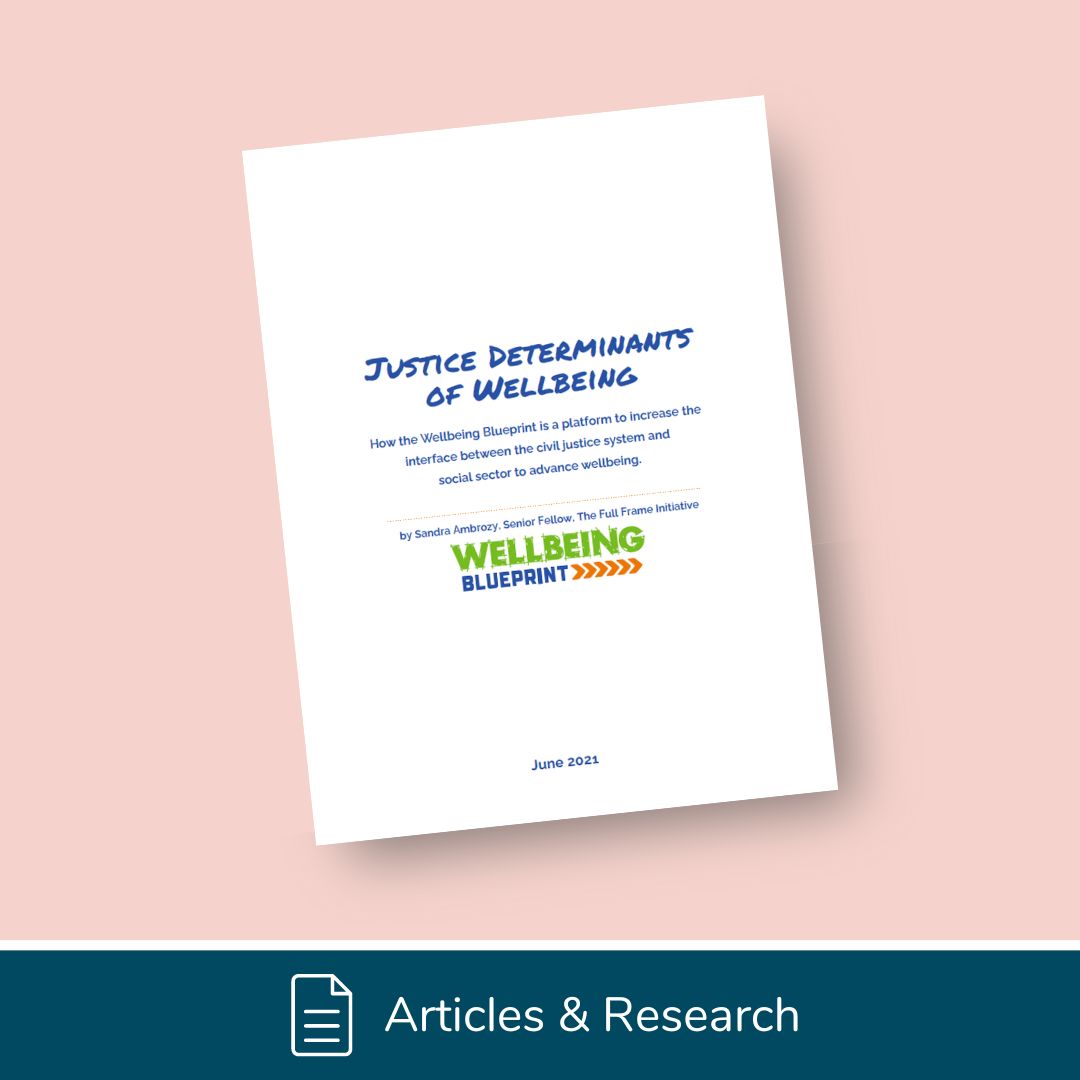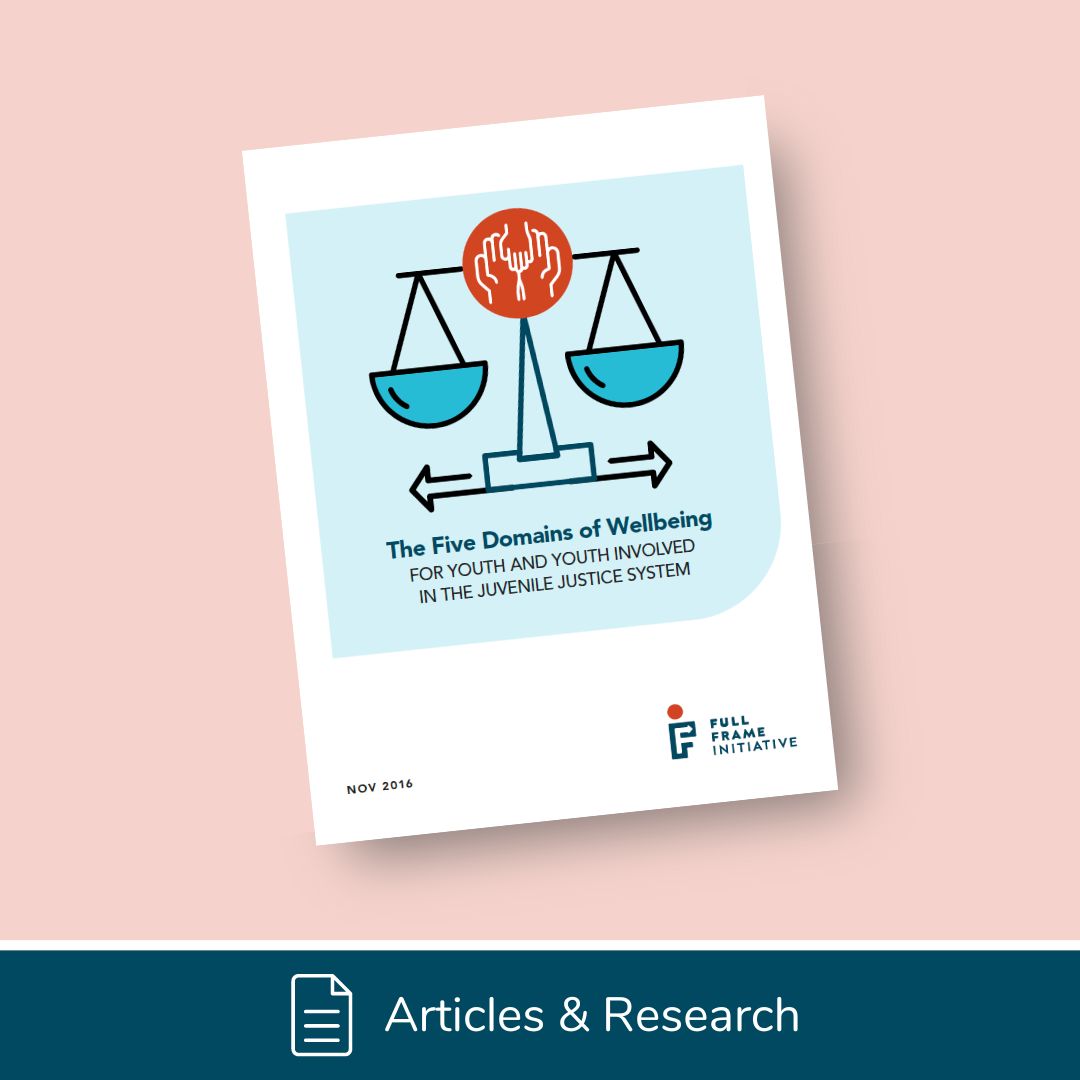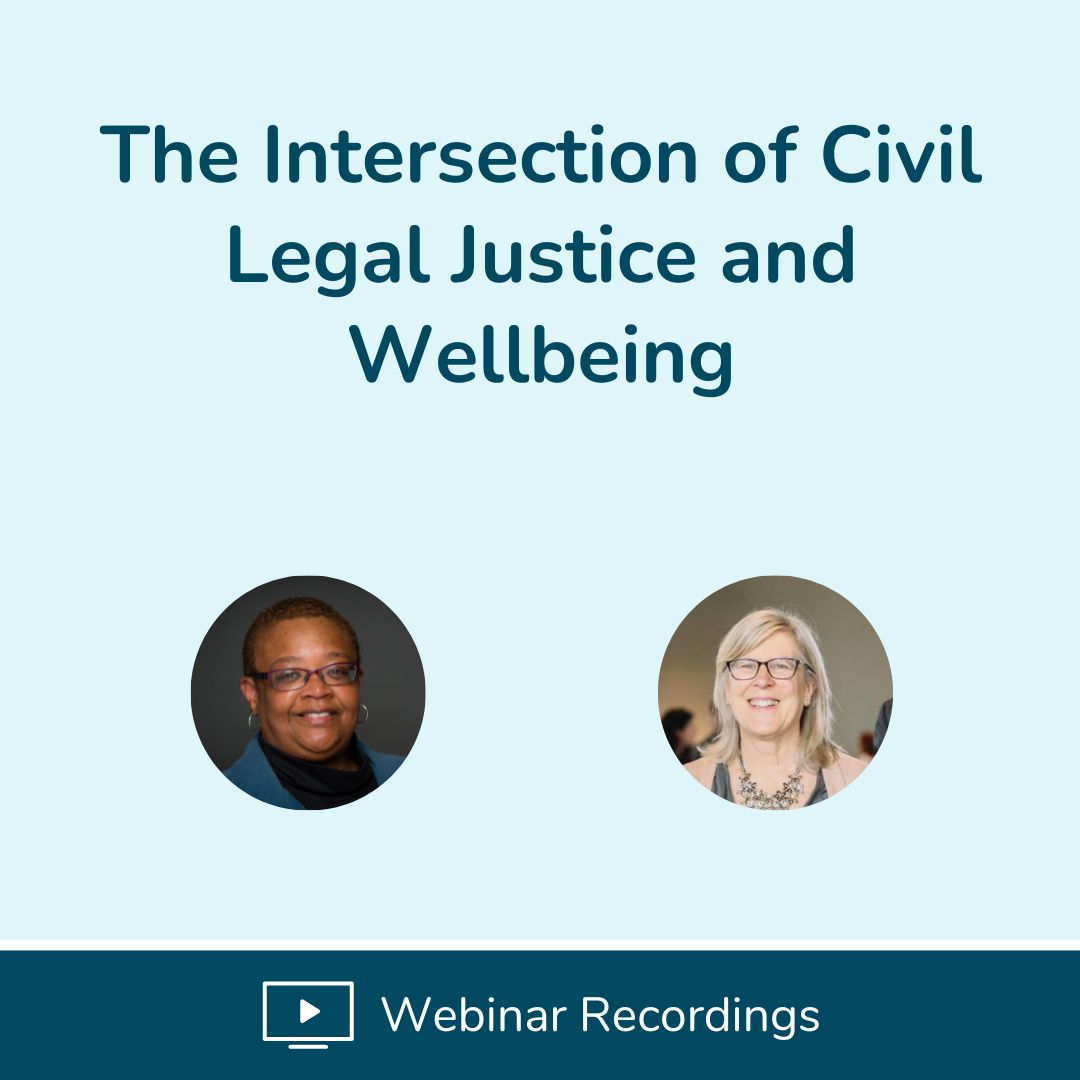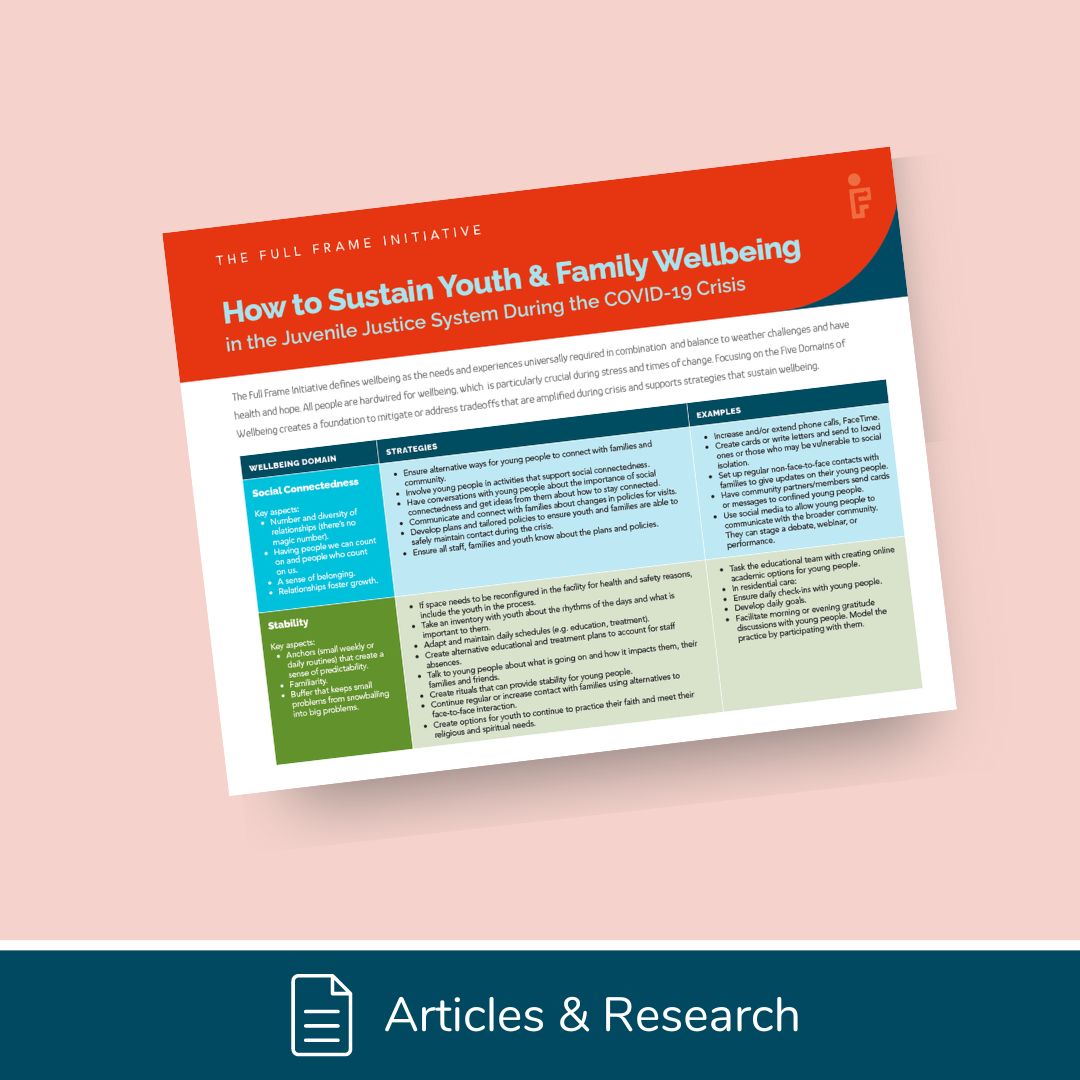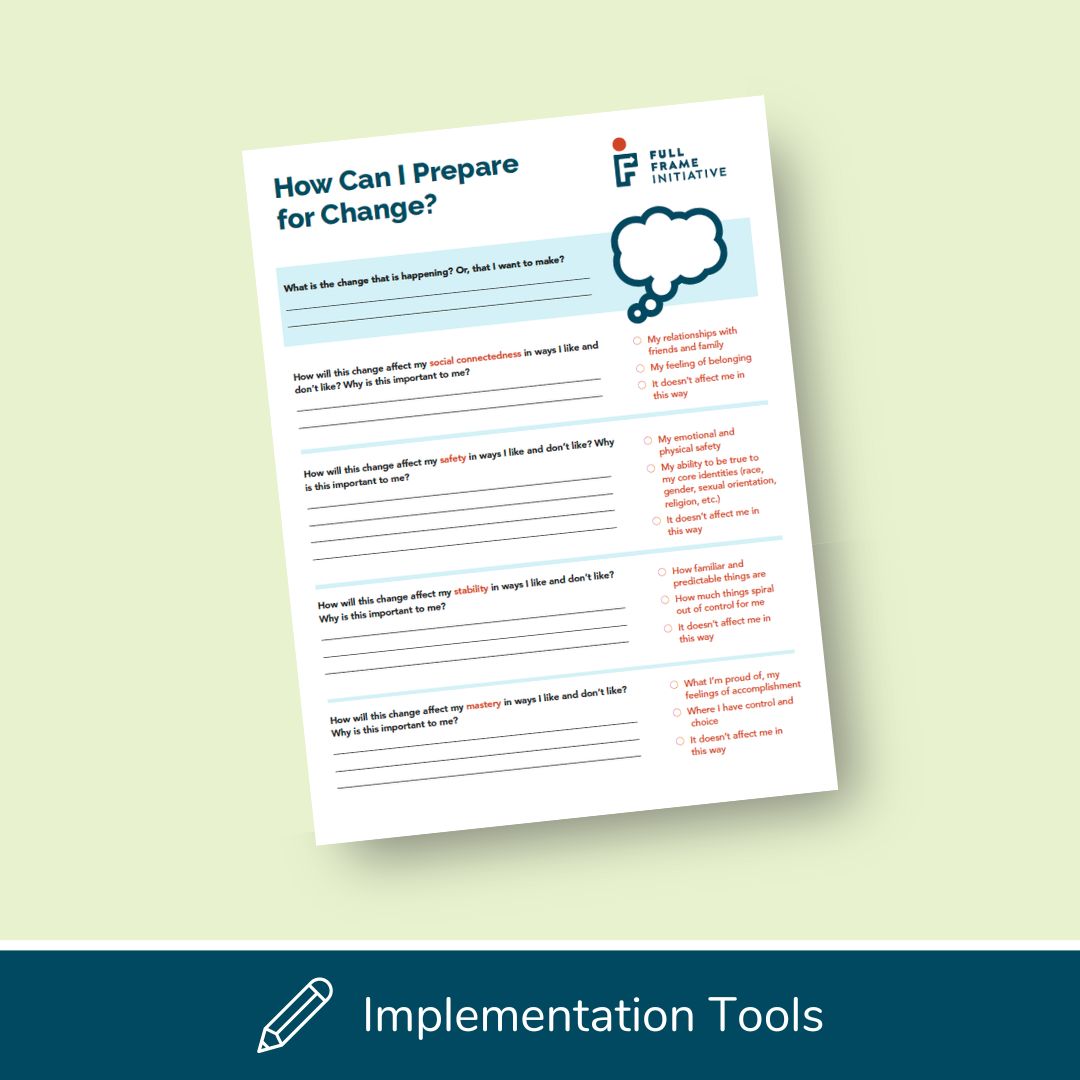Find inspiration in the legal & justice systems
Looking for organizations and initiatives that are advancing wellbeing in the legal and justice systems? Here are some places to start:
DC Bar Foundation
Our partner DC Bar Foundation is promoting a more just civil legal aid system by applying a wellbeing orientation to new projects and initiatives. Through network building, community engagement, evaluation, prioritization of racial equity, and greater coordination within the legal aid community, the DC Bar Foundation is eliminating the challenges that prevent DC residents from experiencing wellbeing, justice and liberty in the civil legal aid system.
Debt Free Justice
By charging fees and fines, the juvenile legal system drowns youth and their families in debt and pushes them deeper into poverty. Because of targeted policing and over-surveillance of Black, brown and Indigenous communities, these youth are overrepresented and over-punished in the justice system. As a result, fees and fines disproportionately hurt youth of color and their families. Debt Free Justice works with partners at the local, state and federal levels to end juvenile fees and fines nationwide to promote community health, economic stability and reestablish trust in public systems.
St. Louis Family Court
Systems can force tradeoffs that undermine wellbeing and sustainable change. To acknowledge and address these tradeoffs, the juvenile division of the St. Louis County Family Court supports youth in setting their own goals instead of deciding goals for youth.



